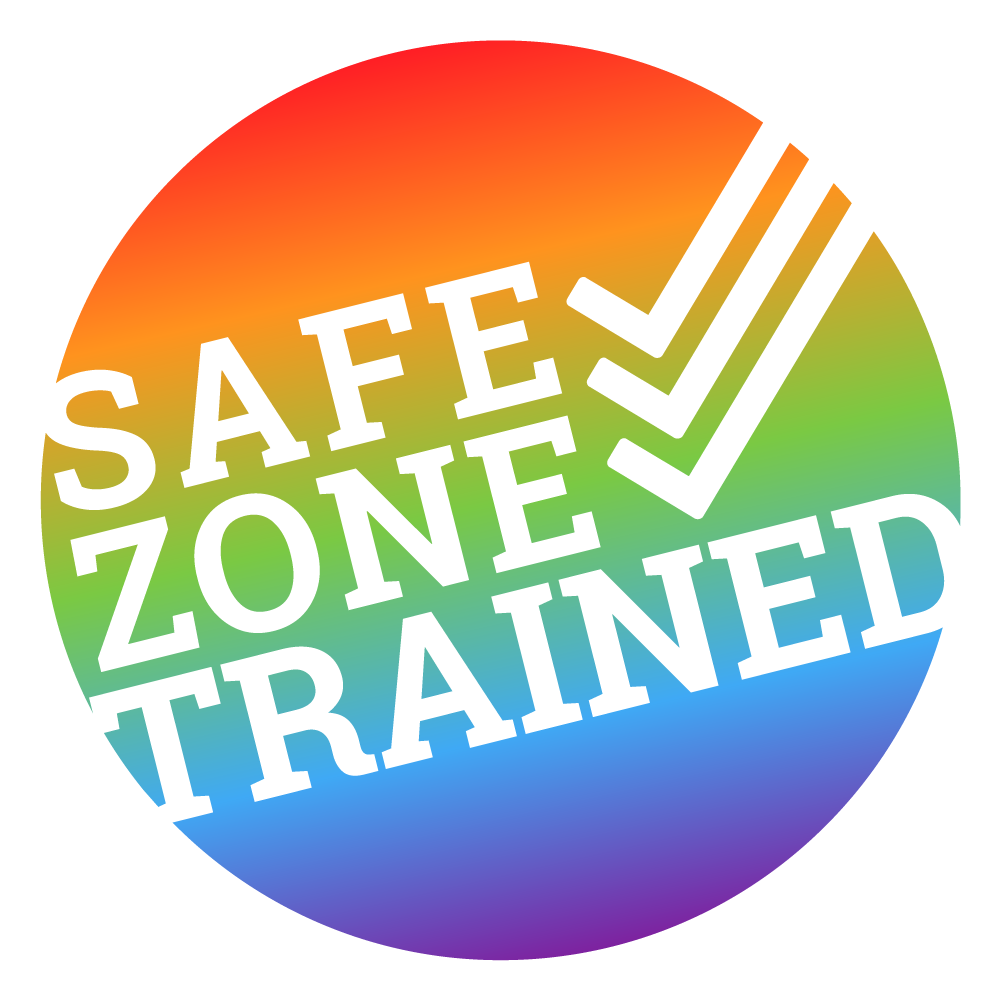Why do People with Narcissistic Personality Disorder (NPD) Criticize and Put Down Others?
Self-Respect is Key to Healthy Relationships
We often hear that self-love is essential to fully love others. The same principle applies to respect:
Without self-respect, it’s challenging to truly respect someone else in a healthy, balanced way.
A common argument from individuals with narcissistic tendencies is: "You don’t respect me. You’ll never respect me. You’re the abuser."
Ironically, repeated accusations like this, paired with harsh criticisms and put-downs, can chip away at a partner's self-respect over time. When someone feels constantly devalued, it becomes harder for them to maintain healthy boundaries and protect themselves emotionally.
In demanding respect while simultaneously destroying their partner’s self-worth, the narcissistic individual creates a vicious cycle. The respect they want becomes impossible to achieve because their actions actively undermine the very foundation of mutual respect: self-respect.
Reclaiming Self-Respect: A Reflection on Relationships
There was a time when I believed I could trust someone completely, even when they showed me, over and over, that they didn’t respect me. Their criticisms chipped away at my self-esteem, their words echoing in my mind long after the conversations ended: “You’re lazy,” “You don’t respect me,” “You’re the abuser.”
For so long, I questioned myself. Was it me? Was I truly the problem? But here’s what I’ve come to understand: mutual respect in a relationship cannot exist when one person systematically destroys the other’s sense of self-worth.
Criticisms, put-downs, and emotional manipulation don’t create and environment of respect, they destroy it. Self-respect is the foundation of a healthy relationship. Without it, boundaries break down, and what should be a safe partnership becomes a cycle of harm and confusion.
I’ve realized that maintaining my self-respect means not allowing someone else to dictate my worth. It means refusing to engage in cycles of blame or manipulation, no matter how much I want to believe someone’s promises of loyalty or trustworthiness.
For me, self-respect also means choosing not to reach out to someone who hurt me in the hopes of closure or validation. Closure doesn’t come from them, it comes from within. By walking away, I’m breaking the cycle.
Writing this is part of my healing process. It’s a way to vent, to process, and to share what I’ve learned. If you’ve ever found yourself in a similar situation, I hope you know you’re not alone. Healing takes time, and it starts with taking a stand for yourself.
Control Through Criticism
In both family and intimate partner relationship dynamics, criticism is one of the most often used tools to assert dominance and control and inflict emotional and psychological pain on victims of abuse. For example, constantly putting you down and using terms such as "lazy", "worthless", or "slob", or making criticisms about your weight are common ways to undermind your self-esteem with the goal to make you dependent on their approval. Criticisms and put-downs can also shift relationship power dynamics to make the abuser feel superior.
Projection
When someone with Narcissistic Personality Disorder (NPD) or any toxic individual accuses their partners, family members, or others (e.g., calling you names like "idiot", "lazy", "worthless) might have been projections of their own insecurities or feelings. People who struggle with self-esteem often project their own flaws onto others to avoid facing their own shortcomings. This isn't about an individual with narcissistic personality disorder (NPD) not willing to educate themselves to change their behavior, but rather a definitive choice and core belief they are not wrong, and therefore there is no need for them to change. Combined with a lack of affective empathy in the ability to feel what other's feel, and lack of whole object relations (WOR), seeing people as "all good" and "all bad" individuals with narcissistic personality disorder traits (NPD) often do not think they have no reason to change and that the emotional abuse their partners experience is justified.
Narcissistic Supply and Double Standards
If you're currently in a relationship or have left an individual with narcissistic behaviors, one of the core aspects of narcissistic personality disorder (NPD) is the entitlement to criticize others but an inability to tolerate criticism themselves. Criticism or put-downs tend to occur both in-person and through technology. These subtle bullying and abusive interactions are prevalent on online platforms. For example, "an online troll" may be considered a culture stemming from the start of the internet, where individuals would "create an online persona," and this persona became a part of their core identity. Some people with narcissistic personality disorder (NPD) may criticize others during discussions about video games on Discord or other public forums. Despite exhibiting anti-social behaviors, people with NPD can remain anonymous and obtain validation and control through criticizing others, even with a topic so basic as videogames. Sometimes, communities will rally together, essentially forcing the "troll" or toxic individuals out of their social circle.




